Karen Tay, Singapore's Smart Nation director, was recently in Washington D.C. to run a workshop for the World Bank on how to develop “smart cities." She says: “'Smart cities' is honestly a buzzword... when I get invited to speak, most people expect me to start with cool tech like AR, VR, AI, modeling and simulation, blockchain and the like. The fact is that cities are complex ecosystems with very established ways of operating. If we want to disrupt them with technology in a way that benefits the masses (i.e. not just the upper middle class), we need dedicated work from the ground-up, coupled with political commitment." Karen Tay's five tips for smart city efforts come from conversations and projects with smart city leaders around the world.






 Your new post is loading...
Your new post is loading...
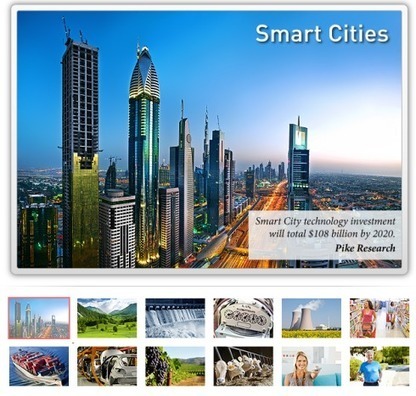



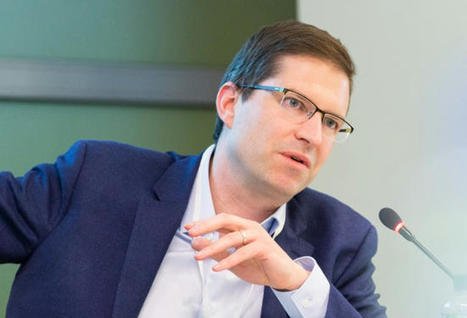
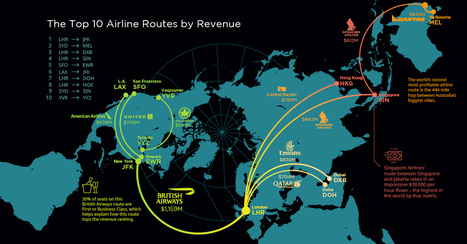


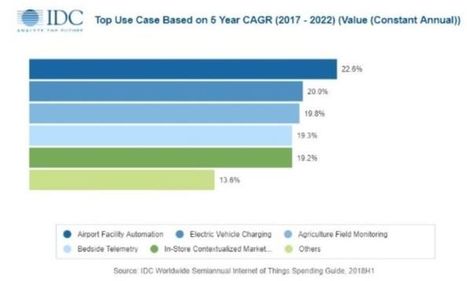
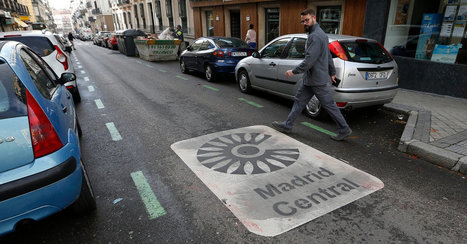





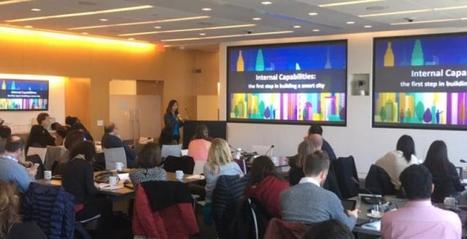
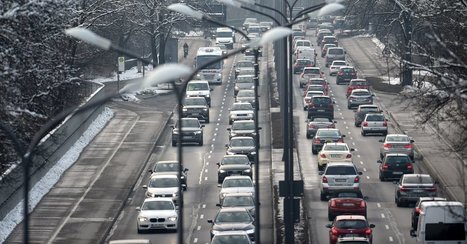



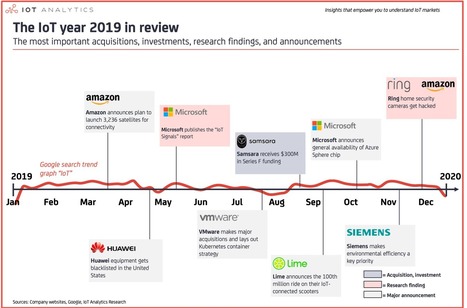
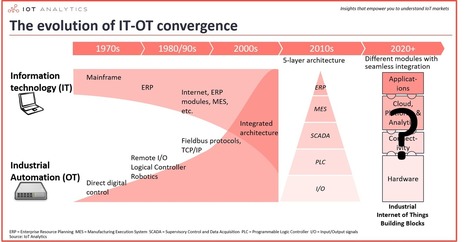

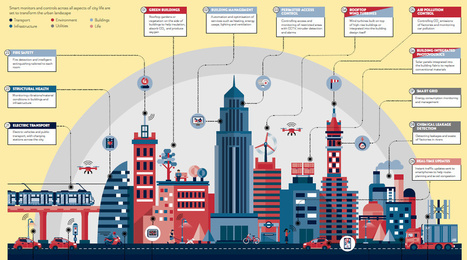


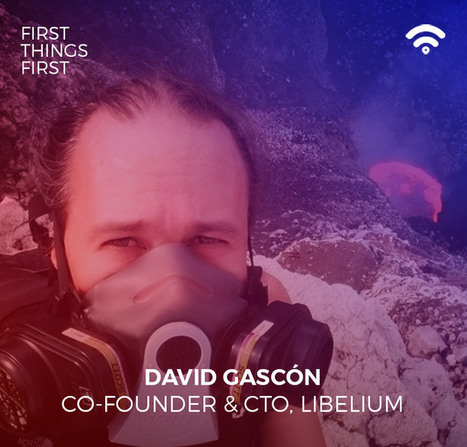











Parking is a major problem in all cities (except perhaps Venice...).
The use of modern communications and information technology is enabling city authorities to explore new ways to make their cities work better.
The report published by Beecham Research examines a number of ongoing smart parking trials in major cities from Birmingham to Moscow, with road mounted sensors in busy shopping or tourist centers.
Drivers use smartphone apps to access data collected from these sensors and analyzed in central IT systems to produce a map of free spaces.